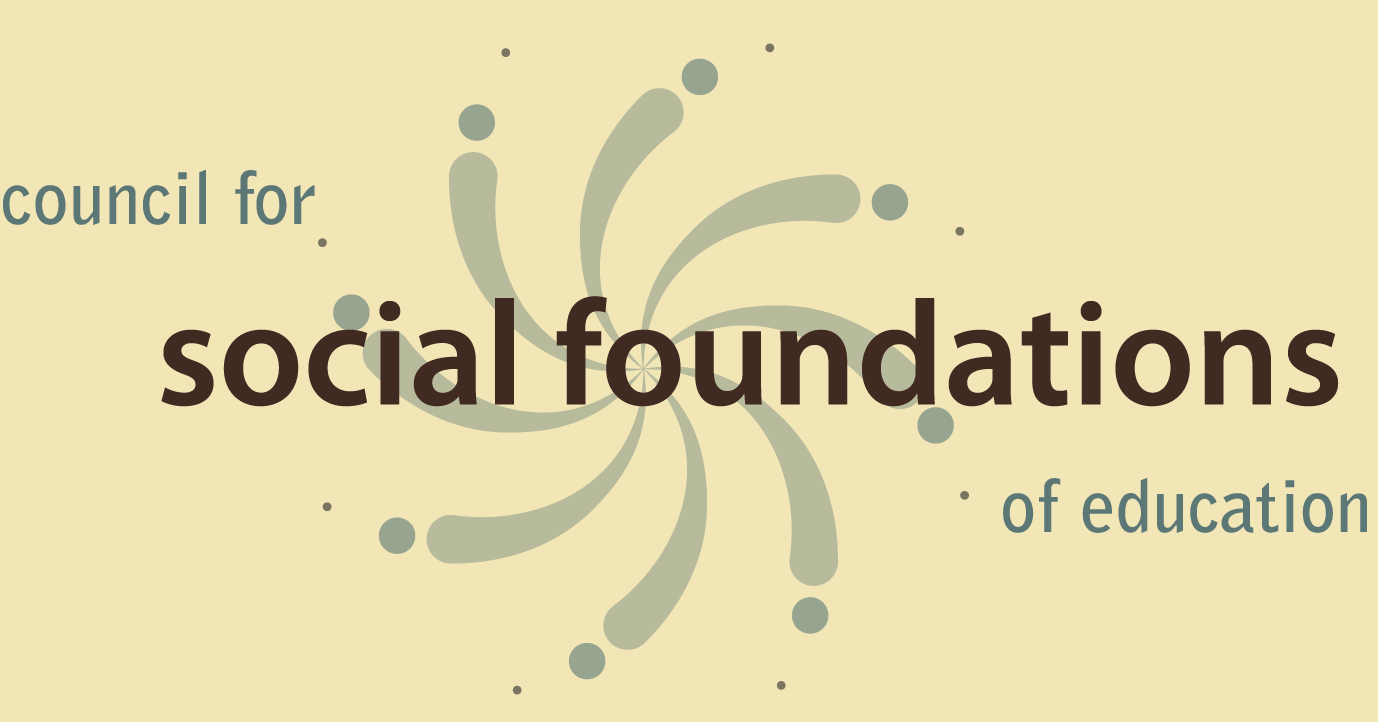
Education is growth.
Education is, not a preparation for life;
education is life itself.
-John Dewey
Introduction Matrix I II III IV V VI VII VIII
Standard II
Interpretive,
Normative, and Critical Studies Component of Initial Teacher Certification and
Continuing Professional Development
Professional preparation leading to initial teacher certification and/or licensure shall include studies (at least one course, preferably two or more) in the foundations of education. Such study shall promote the development of interpretive, normative, and critical perspectives on education and schooling as defined in Standard
Inservice education for the continuing professional development of educational practitioners and field personnel shall include foundational studies which foster the interpretive, normative, and critical perspectives on education described in Standard I.
In the preservice program, instruction in the interpretive, normative, and critical perspectives on education should reflect and serve the rationale and goals of the professional teacher preparation program. No particular organization or format is specified. Learning may be structured around aspects of the school-society relationship, issues in educational policy, or particular disciplines, e.g., the history, philosophy, and sociology of education. Field experiences designed and supervised in collaboration with educational practitioners are appropriate components of foundational studies when those experiences contribute to students’ abilities to interpret and communicate the content and context of educational thought and practice. This standard recognizes the importance of such areas of study as educational psychology, curriculum and instruction, educational administration, and pedagogical methods within professional teacher preparation programs. However, instruction in these areas is not an acceptable substitute for humanistic and social foundational studies. The general objectives of these foundational studies are to introduce students to interpretive uses of knowledge germane to education and to establish a basis for life-long learning through normative and critical reflection on education within its historical, philosophical, cultural, and social contexts.
Discussion of Standard II
This Standard seeks to ensure at least a minimum foundational studies component in initial teacher certification programs as a disciplined basis for developing interpretive, normative, and critical perspectives on education. Standard II also seeks to ensure that instruction in Foundations of Education, Educational Studies, or Educational Policy Studies is part of inservice or continuing professional development programs and that such instruction is staffed by appropriately qualified faculty.
Standard II is addressed to criteria of accreditation agencies that prescribe instruction in humanistic and behavioral studies in education within the professional preparation component of each curriculum for prospective teachers. It acknowledges the basic distinction between the social and behavioral sciences and does not intend to establish instructional guidelines for the latter. For candidates in initial teacher certification programs, social foundations studies contribute directly to the development of interpretive, normative, and critical perspectives on educational arrangements, practices, and discourse. They focus on the content and context of issues and problems that are fundamental to education, regardless of the candidate’s eventual area of specialization.
The foundational component of the professional preparation program is to be developed and conducted or supervised by persons who meet the qualifications of Standard VIII. As a rule, these faculty members will be identified with Foundations of Education, Educational Studies, or Educational Policy Studies. They are expected to maintain collaborative relations with colleagues in other academic units of the department, school, or college of education and with educational practitioners.